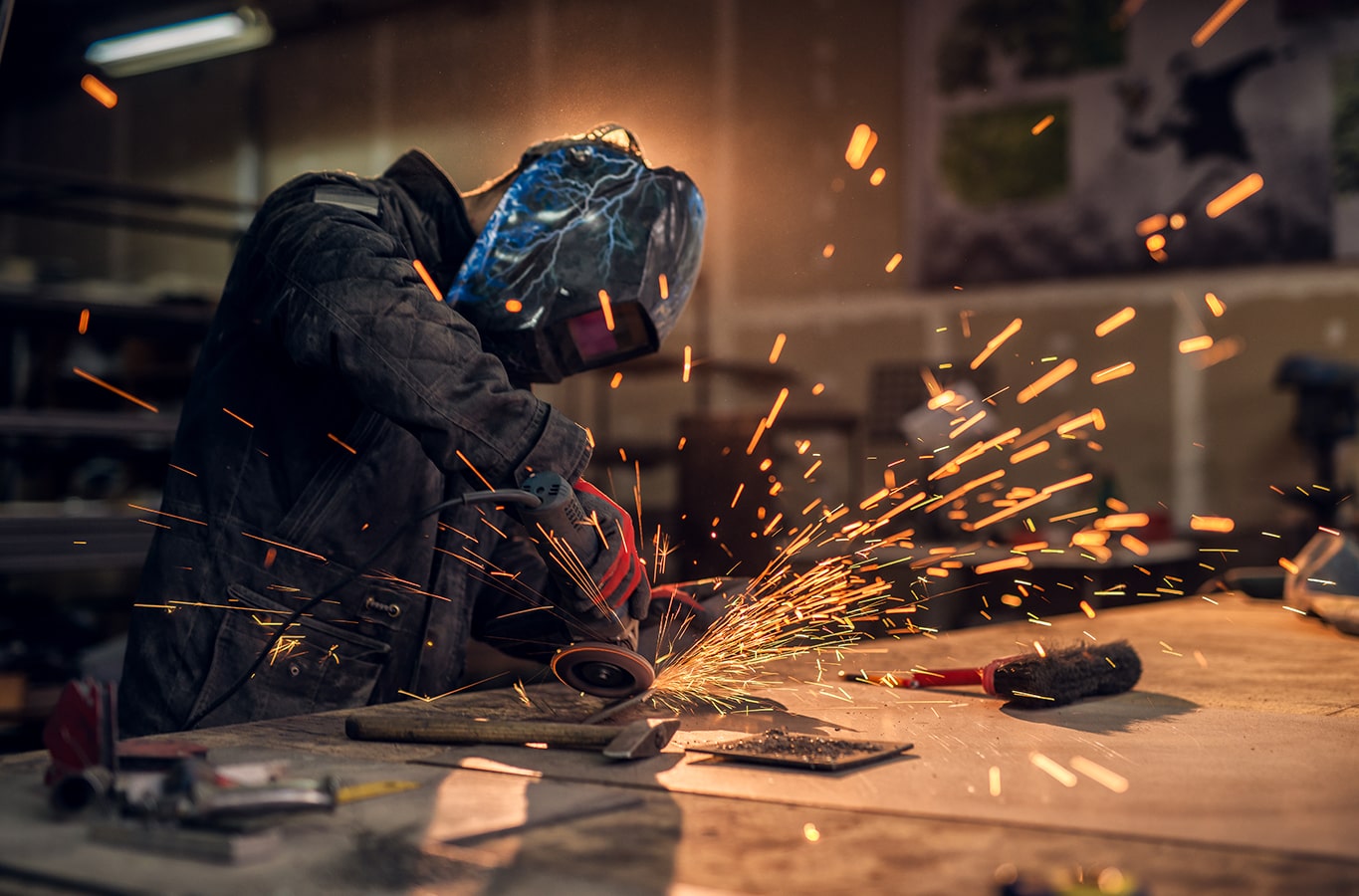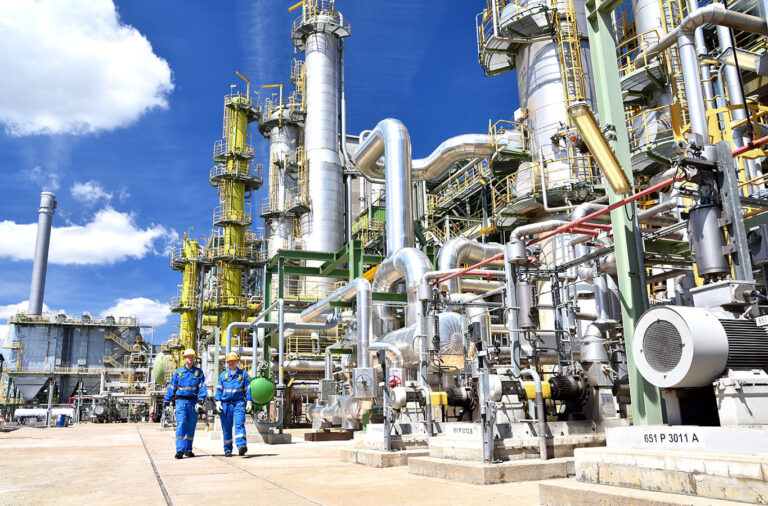
Precision machining is a manufacturing process that involves using cutting-edge technology to produce highly accurate parts and components for a wide range of industrial applications. In this post, we’ll explore some of the top benefits of precision machining and how it can help improve your production processes.

Engineering study
It is a long established fact that a reader will be distracted by the readable.

Inspection
It is a long established fact that a reader will be distracted by the readable.
1. Improved Accuracy and Quality
Precision machining uses advanced equipment and techniques to ensure that parts and components are manufactured with the highest level of accuracy and quality. This leads to improved product performance, reliability, and customer satisfaction.
Precision machining is essential to modern manufacturing. It allows us to create complex parts with incredibly tight tolerances, enabling us to build more advanced products than ever before
I Demar Engineering
2. Increased Efficiency and Productivity
Precision machining allows for faster and more efficient production processes, which can help reduce lead times and increase productivity. This is especially important in industries where time-to-market is a critical factor.
3. Cost-Effective Manufacturing
While precision machining may seem like an expensive process, it can actually be more cost-effective in the long run. By producing high-quality parts and components with greater efficiency, precision machining can help reduce waste and lower production costs.
5. Improved Safety and Reliability
Precision machining ensures that parts and components are manufactured to exact specifications, which can help improve safety and reliability in industrial applications. This is especially important in industries such as aerospace, automotive, and medical devices, where even the smallest deviation from specification can have serious consequences.
- Tags:
- METALLURGY
- Technology




